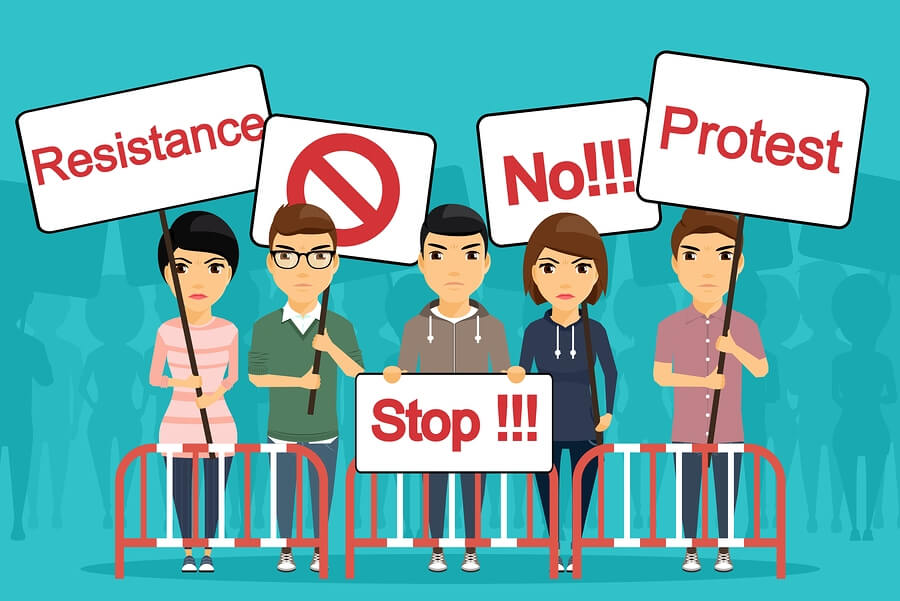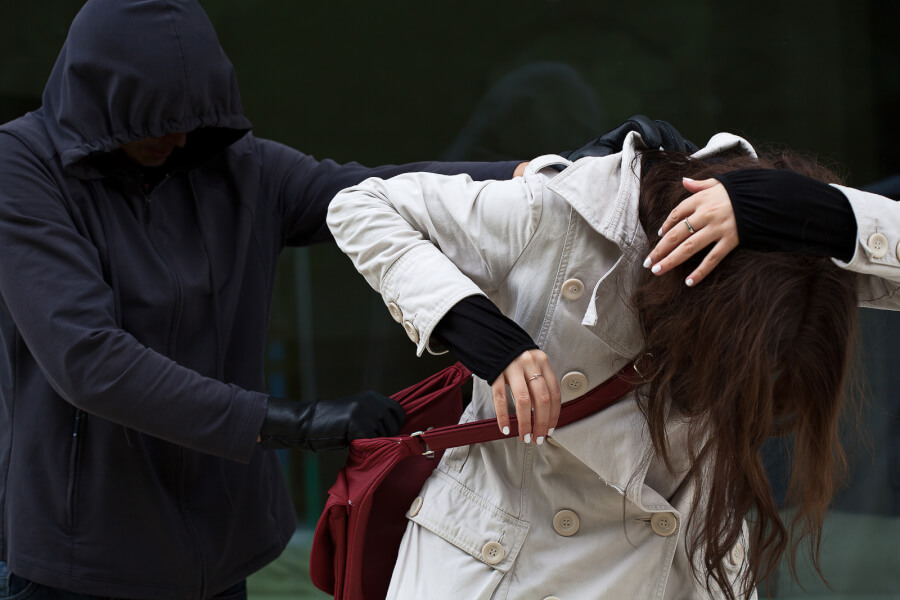Have you been arrested for a DWI in North Carolina? If so, the experience can be frightening and stressful, but while you are waiting for the next steps in the North Carolina criminal process, it can be helpful to look at the NC DWI sentencing guidelines.

There is a wide range of potential punishments that you can face if you are convicted of a DWI. At the low end, you may be looking at fines and community service. At the other end, you could be looking at serious time in jail or prison. No matter the severity of your DWI offense, you absolutely need an experienced and skilled Raleigh DWI lawyer like Dewey Brinkley. We’ve helped many individuals just like yourself with their DWI charges, achieving not guilty results, dropped charges, and reduced or alternative charges.
For a free, no-obligation consultation with our Raleigh DWI law firm, call us today at (919) 832-0307.
DWI Sentencing Factors
The North Carolina General Statutes (N.C.G.S.) § 20-179 provide the basic outline for DWI penalties and sentencing. Following a conviction of a DWI, the judge will schedule a sentencing hearing to determine the appropriate sentencing level. Often, the judge will consider several mitigating or aggravating factors in his/her decision.
Grossly Aggravating Factors
Grossly aggravating factors are the most severe, and if you have grossly aggravating factors in your case, then you may be looking at the harshest penalties in North Carolina courts. The following factors are considered grossly aggravating:
- Prior conviction of an impaired driving offense within 7 years of the current one
- Each prior conviction can be considered an aggravating factor
- The driver was driving on a license that was revoked for impaired driving
- The driver caused serious bodily injury
- The driver had a minor in the vehicle (under 18 years old) or a person with a mental or physical disability
Aggravating Factors
Aggravating factors are less serious than the “grossly aggravating” factors, but nonetheless, aggravating factors in your case can dramatically increase the severity of the penalties you may be facing. Some aggravating factors can include:
- Gross impairment with a BAC of 0.15 of higher
- Especially reckless or dangerous driving
- Negligent driving that led to a reportable accident
- Driving with a revoked license
- Two or more convictions of non-DWI-related offenses within 5 years
- A conviction for speeding while fleeing or eluding a police officer
- A conviction for speeding at least 30 mph over the speed limit
- Passing a stopped school bus
- Any other factor that aggravates the seriousness of the offense
Mitigating Factors
Unlike aggravating factors, having mitigating factors in your case can, in the majority of cases, serve as a benefit that reduces the potential DWI sentence you may be facing. Some mitigating factors can include:
- Slight impairment of the driver’s faculties and a BAC that didn’t exceed 0.09
- The driver’s driving behavior was safe and lawful (except for the impairment of faculties)
- The driver had a safe driving record
- Impairment was caused by a legally prescribed drug for an existing medical condition, and the drug was taken within its prescribed dosage
- After the conviction, the driver voluntarily submitted to a mental health facility and recommended treatments
- Often, the driver needs to complete a substance abuse assessment, be compliant with its recommendations, and simultaneously maintain 60 days of continuous abstinence from alcohol consumption, as proven by a continuous alcohol monitoring system
Different Sentencing Levels for DWIs
Through these factors, as well as a consideration of the unique circumstances related to the DWI stop and arrest, the courts may assign a certain level signifying the severity of your punishment.
All of the DWI sentences, aside from a felonious Habitual DWI offense, fall within five sentencing levels. Level One and Two are generally imposed if you have prior convictions within seven years or other grossly aggravating factors; Level 5, on the other side of the spectrum, often involves a first offense and mitigating factors. The five levels and their punishments are listed below:
- Level Five: This is the lightest sentencing level often imposed when the mitigating factors outweigh the aggravating factors.
- Fine of up to $200; minimum of 24 hours and maximum of 120 days in jail
- Level Four: Generally, no aggravating or mitigating factors were present or both were equally counterbalanced.
- Fine of up to $200; minimum of 48 hours and maximum of 120 days in jail
- Level Three: The aggravating factors outweighed the mitigating factors, but there were no grossly aggravating factors present.
- Fine of up to $1,000; minimum of 72 hours and maximum of 6 months in jail
- Level Two: There were no minors under 18 in the vehicle and only one grossly aggravating factor was present.
- Fine of up to $2,000; minimum of 7 days and maximum of 12 months in jail
- Level One: The driver was accompanied by a minor under 18 or there were two grossly aggravating factors involved.
- Fine of up to $4,000; minimum of 30 days and maximum of 24 months in jail
- Aggravated Level One: There were three or more grossly aggravating factors present.
- Fine of up to $10,000; minimum of 12 months and maximum of 36 months in jail, with no possibility of parole
Arrested for a DWI? Call Dewey Brinkley in Raleigh NC Today!
At the Law Office of Dewey P. Brinkley in Raleigh, NC, we’ve helped hundreds of individuals caught in a similar situation as yourself or your loved one. As such, with years of devotion to criminal defense and DWI defense law and legal representation, we will give you comprehensive and compassionate representation with the goal of achieving a not-guilty result, dropped charges, or alternative/reduced sentencing.
To speak with Raleigh NC DWI attorney Dewey Brinkley, call our downtown Raleigh criminal defense law firm today at (919) 832-0307.


